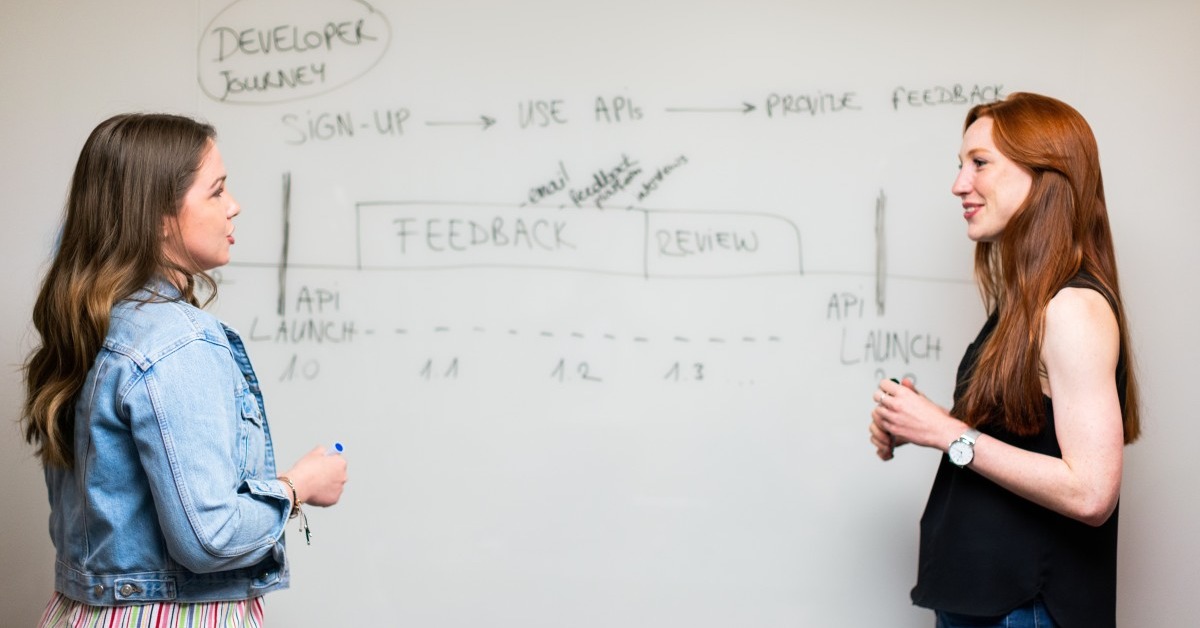
Prenatal and Pediatric Genetic Counseling: An Overview
Genetic counseling is a career that combines science and sensitivity,especially [...]
What do Ashley Judd, Ban Ki-moon, Ellen Johnson Sirleaf (former president of Liberia), Juan Manuel Santos Calderon (former president of Colombia), and Jack Sim (founder and chairman of the World Toilet Organization) have in common? They all hold a Master of Public Administration (MPA) degree. Armed with an MPA, these notable personalities have blazed trails in their respective fields.
A Master of Public Administration enables people to make a difference while earning great pay. Payscale.com reports an average annual income for MPA holders of $66,000. 2016 graduates of Harvard’s MPA program earned an average of $87,000 a year in the nonprofit/NGO sector, and $140,000 in the private sector.
A Master of Public Administration can provide an invaluable springboard to a career in politics, public affairs, government, nonprofits and NGOs, healthcare, consulting, and the justice system. Intrigued?
In this article, we’ll cover:
A Master of Public Administration is a graduate-level program that prepares students for leadership positions in government and public service organizations. According to the Network of Schools of Public Policy, Affairs, and Administration (NASPAA), an MPA degree is “for people who want to run things and change things for the public good.” They do that through the implementation and management of policies, programs, and projects that help solve issues in the public sector.
It’s fair to say that an MPA is like an MBA, but for the public sector instead of the private sector. Many people, in fact, say just that.
Admission requirements vary for each graduate school, but to get started in a public administration master’s program, you’ll generally need:
Because a master’s in public administration program is grounded in governance as well as implementation and management, core courses often involve problem-solving, practice-based techniques, and hands-on experience.
MPA core courses include:
After completing your core courses, many programs will offer you the opportunity to forge your own path by concentrating on a particular area. A public administration master’s program offers a broad range of specializations, including:
Full-time students can typically complete an on-campus master’s degree in public administration within two years. Full-time MPA programs usually include internships or capstone projects.
For example:
Pursuing a master’s degree in public administration full-time allows you to stay focused on your coursework, so you’ll likely finish your degree on time or even quicker. You’ll have the opportunity for face-to-face interaction with your classmates and instructors, and these relationships could prove valuable when you step out into the public service realm.
However, choosing a full-time program means you might need to fund your degree without any offsetting income, which can be challenging. Some public schools charge higher tuition fees for out-of-state students than for state residents, so where you choose to study is also an important factor.
To help you manage the costs of a full-time MPA degree, seek out fellowships, financial aid, grants, loans, and scholarships.
If you want to fast-track your master’s degree, look into accelerated graduate programs, such as the one offered by University of Colorado Denver/Anschutz Medical Campus. Its accelerated MPA program is a “fast-paced, full-time option” that can be completed within 12 months. The program is priced at a flat fee regardless of whether you’re an in-state or out-of-state student.
Part-time MPA students typically take three years to complete the degree, although some take longer.
A significant portion of the part-time MPA student body consists of mid-career professionals looking to improve their skills and qualifications. Many schools offer executive programs, also called executive MPA or mid-career MPA, designed for these students.
Columbia University‘s Executive Master of Public Administration program accepts professional and management work experience in place of an internship, and allows students to choose a policy field to focus on. The program takes between two and three years to complete.
Since executive programs cater to students working full-time, courses may be held online, on campus during evenings or weekends, or a mix of both (a format commonly referred to as hybrid). Moreover, some executive MPA programs require prospective students to have working experience in the public, private, or nonprofit sector for a certain number of years, so check with the program you plan to apply to.
Some universities offer an online MPA program, with a fully online course load supplemented by nominal on-campus time.
For example: The online Master of Public Administration program at the University of North Carolina at Chapel Hill has an optional on-campus immersion experience, where you’ll discuss public affairs issues with fellow cohorts and faculty. You’ll also be required to complete a professional work experience practicum—a 400-hour service experience within your community—and a portfolio course, where you’ll create a portfolio from a selection of your coursework and projects.
Pursuing a master’s degree in public administration part-time might be the best option if you’re already working in public service or if you want to continue with a full-time job that can help fund your degree. The flexibility provided by an executive MPA or online MPA program means you can still earn a salary while completing your degree.
If you’re currently employed, check whether your company has tuition reimbursement programs to partially or fully cover the costs of your degree. This benefit may come with certain conditions, such as maintaining a specific GPA while you’re enrolled or remaining with your organization for a set period after finishing your degree.
A master’s degree is a significant undertaking, so consider the time, money, and effort you’re willing to commit before choosing a master’s in public administration program. Think about your educational and professional goals, and find a degree that could meet those goals.
Look for accredited graduate programs, such as those backed by NASPAA. With NASPAA accreditation, you’ll be guaranteed a degree that meets or exceeds the standards of education in the public service field. This could also potentially boost your job prospects in the future, especially if the organization you want to work for prefers graduates from an accredited program.
Once you’ve earned your master’s degree, you can work in leadership roles for local, state, and federal government agencies, as well as NGOs and nonprofit organizations. The specialization you choose can help prepare you for your career.
Positions for MPA graduates include:
Earning an MPA may be the natural course to take if you’re already working in public service and want to advance your career. But it may also be a way to help underserved people, groups, and causes, and revitalize public service to further the public good.
In the words of MPA graduate Laura Bleiler, “My hope is to be able to work on behalf of the American people and be a positive agent for change within communities.” If that’s your hope as well, an MPA could be your ticket to job satisfaction.
Questions or feedback? Email editor@noodle.com

Genetic counseling is a career that combines science and sensitivity,especially [...]

An MBA with a Healthcare Management concentration can equip you [...]

Even in states where a master's degree isn't required, teachers [...]

Getting an MAT or an MEd in Elementary Ed can [...]

All health data analysts sift and sort data to cull [...]
Categorized as: Public Administration & Policy, Business & Management